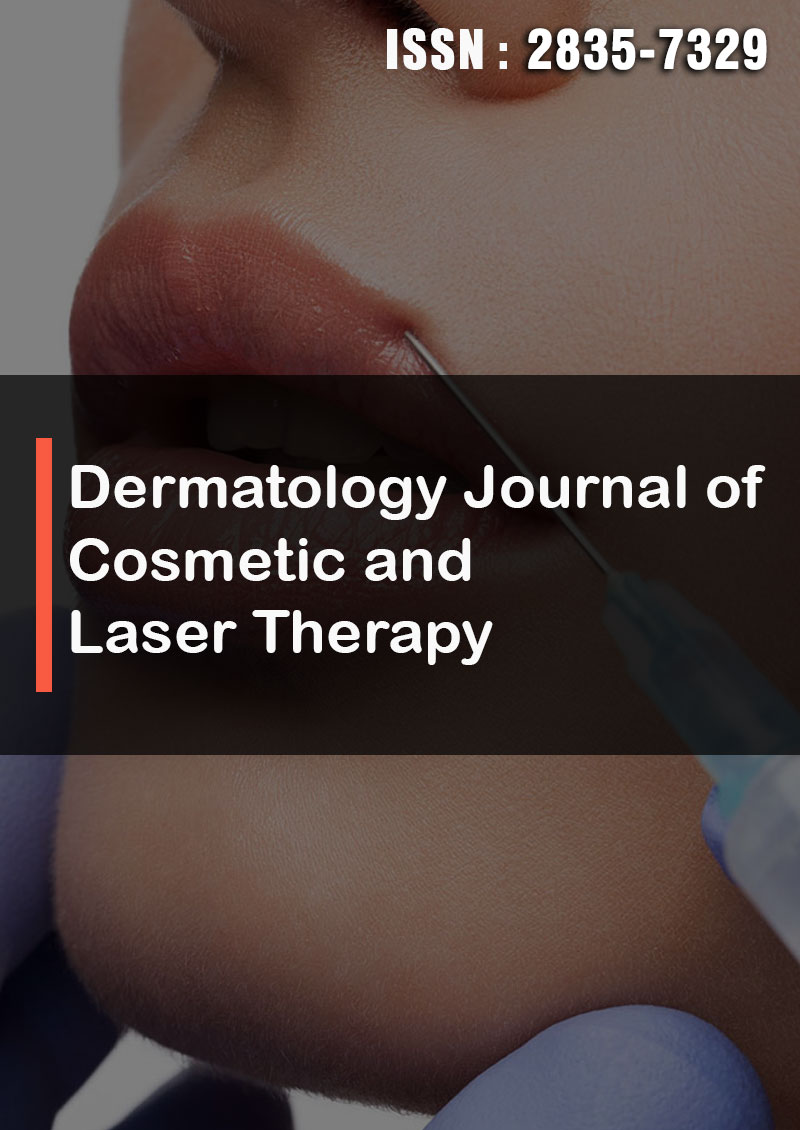Some Features of Self-Assessments by Doctors of Quality Own Life During the Coronavirus Pandemic
Abstract
K V Kolyadenko, O E Fedorenko
The term VUCA has recently appeared in the information field of the first decades of the 21st century. It quite clearly reflects the basic features of modern life: instability (Volatility) — due to the need to take into account many factors that change in the process of making certain decisions; uncertainty — the real impossibility of predicting the future and its main prospects; Complexity — lack of real understanding of the essence of many events; ambiguity — ambiguity and clear uncertainty in the interpretation of a considerable number of life situations. All this together could not help but affect the self-assessment of young doctors about their quality of life (QoL) during the COVID-19 pandemic. The purpose of the study: is to trace the dynamics of changes in the self-assessment of certain indicators of quality of life among young medical workers and students of the O.O.Bogomolets National medical university against the background of the negative impact of the infodemic and attempts to at least somehow "relieve" this chronic stressful situation by improving one's appearance with the help of cosmetics during the COVID-19 pandemic during 2020— 2021 Results and Discussion: Interpersonal contacts with students of the 4th year of the medical and dental faculties were due to the circumstances of their distance learning during the pandemic at the department of dermatology and venereology with a course of cosmetology of the O.O.Bogomolets National édictai university and were based on the results of their distance self-testing for the period from spring 2020 to December 2021. Such testing took place mainly on the initiative of the medical workers themselves, after they learned about the possibility of objectively assessing their psychological state and quality of life. An objective analysis of the dynamics of self-assessments of their own quality of life over the past two years in complex, rather unpredictable due to instability, ambiguity and certain uncertainty in the conditions of the pandemic indicates their rather successful psychosomatic adaptation to training and clinical work. Their averaged self-assessments of quality of life should be considered as a kind of positive standard when compared with the data of similar tests conducted among other segments of the population in the same period of time. Conclusions: An objective analysis of the dynamics of self-assessments by young doctors of their own quality of life over the past two years indicates their rather successful psychosomatic adaptation in the conditions of the infodemic and pandemic of 2020-2021. Their point values on the SF-36 scales should be considered as a kind of positive quantitative standard that reflects their generally optimistic psychosomatic adaptation during this difficult period of development of human civilization.




